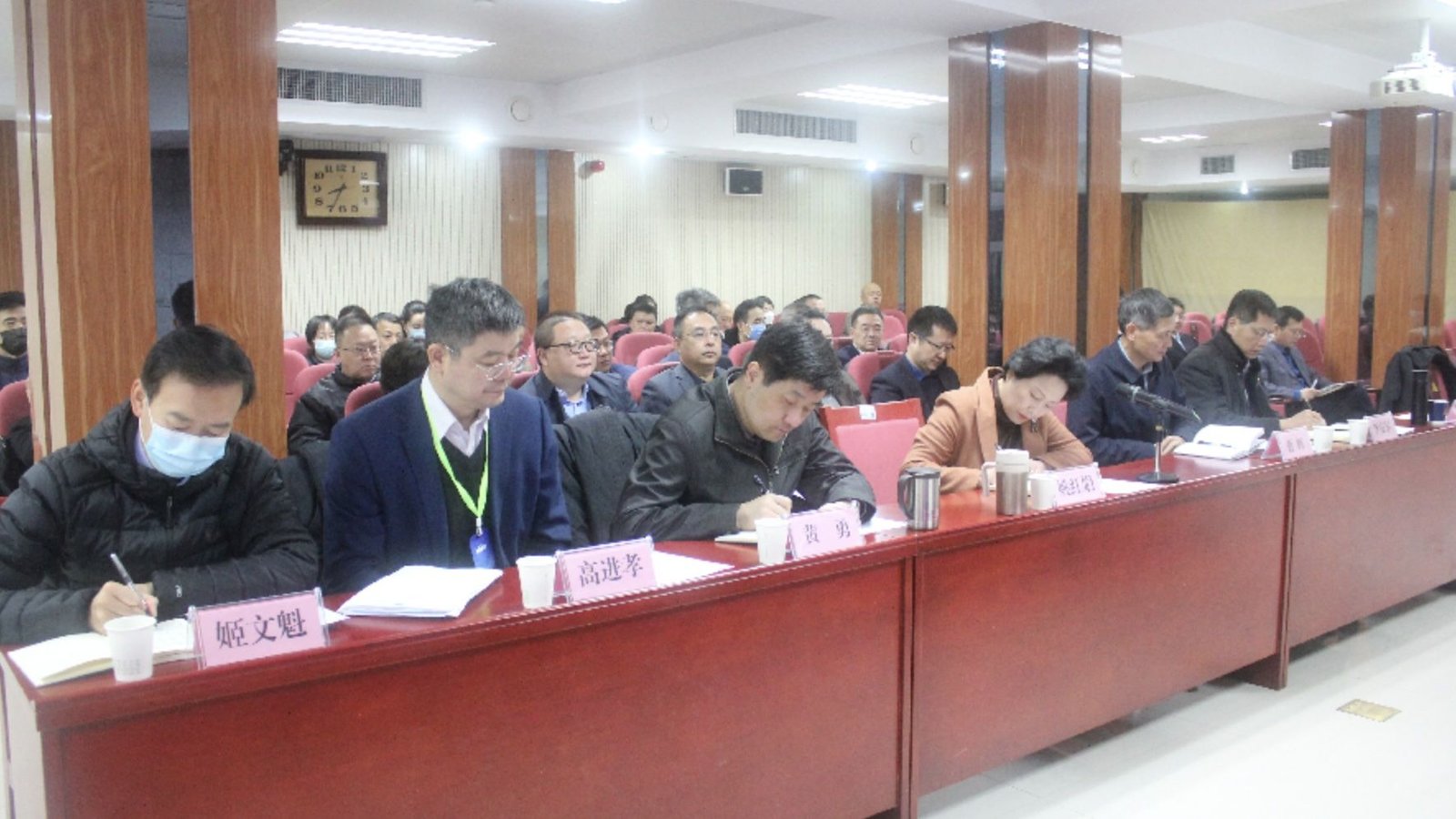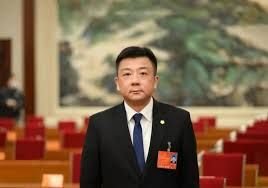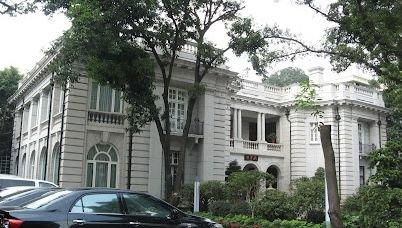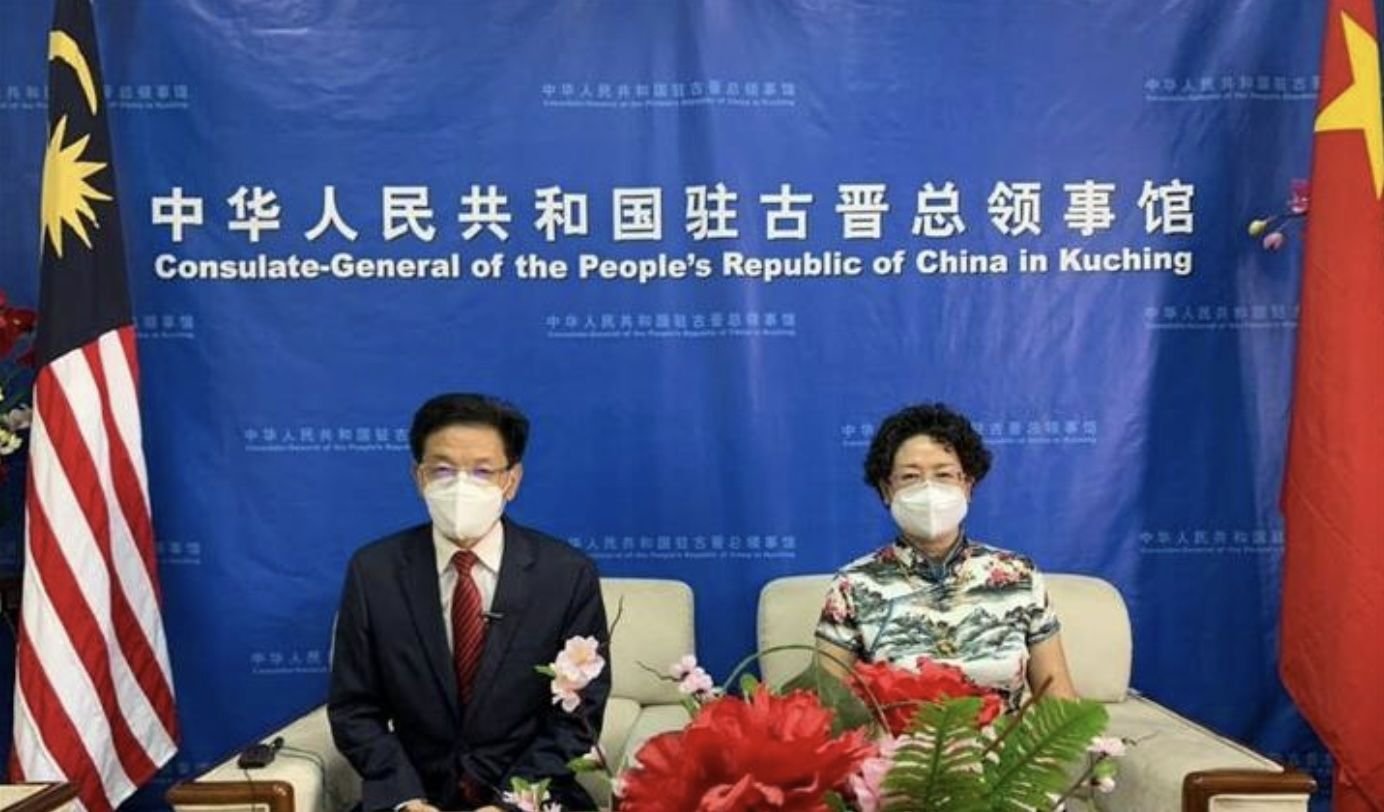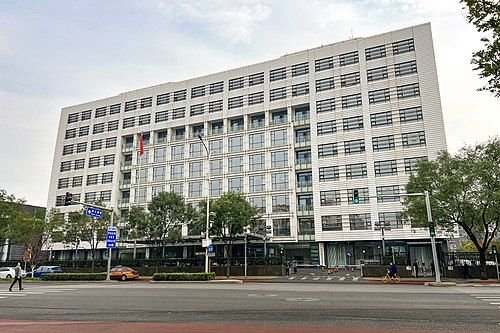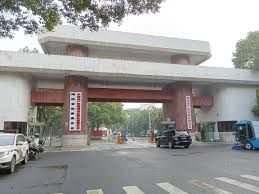Office of the Foreign Affairs Work Committee of the Shaanxi Provincial Committee of the CCP
The Office of the Foreign Affairs Work Committee of the Shaanxi Provincial Committee of the CCP (中共陝西省委外事工作委員會辦公室) serves as the provincial-level body responsible for implementing foreign policy directives within Shaanxi Province, under the leadership of the top provincial party leadership. As the executive arm of the Shaanxi Provincial Foreign Affairs Commission, it operates under the dual leadership of both the provincial CCP committee and the Central Foreign Affairs Commission in Beijing. The office coordinates international exchanges, diplomatic visits, and foreign economic cooperation initiatives throughout the province, while ensuring adherence to central government foreign policy priorities. It plays a crucial role in Shaanxi’s international engagement, particularly in leveraging the province’s often advertised historical significance as a “cradle of Chinese civilization” to advance China’s cultural soft power initiatives and Belt and Road engagement. The office director typically holds a seat on the Shaanxi Provincial Party Standing Committee, reflecting the importance of foreign affairs work in the provincial power structure. Its responsibilities include managing foreign delegations, facilitating international trade exhibitions, overseeing foreign aid projects, coordinating sister-city relationships, and ensuring that all provincial international activities align with diplomatic protocols established by Beijing.

